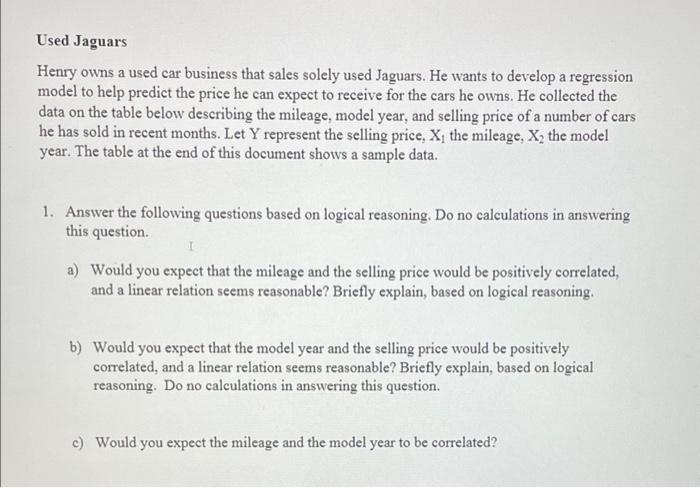Max wants to develop a personal brand so he – As Max embarks on the journey of developing a personal brand, this guide serves as an authoritative compass, providing a comprehensive roadmap to help him navigate the complexities of establishing a strong and distinctive reputation. This guide will delve into the intricacies of defining personal brand goals, identifying unique value propositions, crafting compelling content, building a robust online presence, engaging with audiences, and tracking results to ensure continuous improvement.
Throughout this guide, we will explore best practices, share real-world examples, and provide practical tips to empower Max in building a personal brand that resonates with his target audience, achieves his goals, and sets him apart in the competitive marketplace.
1. Max’s Personal Brand Goals

Defining personal brand goals is crucial for Max to establish a clear direction and purpose for his brand. By setting specific, measurable objectives, Max can track his progress and ensure his efforts align with his overall brand strategy.
Benefits of Establishing Clear Brand Goals:
- Provides focus and direction for brand development
- Measures progress and evaluates effectiveness
- Facilitates alignment with target audience and marketing efforts
Specific and Measurable Goal Examples:
- Increase website traffic by 20% within six months
- Generate 100 qualified leads per month through social media marketing
- Establish thought leadership in the industry by publishing two high-quality blog posts per week
2. Identifying Max’s Unique Value Proposition
Max’s unique value proposition (UVP) differentiates him from competitors and establishes his brand’s credibility and relevance. By identifying his strengths, expertise, and target audience, Max can create a compelling brand that resonates with potential customers.
Methods for Identifying a Unique Value Proposition:
- Conduct market research to understand industry trends and customer needs
- Analyze competitor offerings to identify areas of differentiation
- Identify Max’s unique skills, experience, and insights
Leveraging Strengths and Expertise:
- Highlight Max’s industry knowledge and experience
- Showcase his expertise through case studies and testimonials
- Develop thought leadership content that establishes Max as an authority in his field
3. Developing a Content Strategy

A well-defined content strategy ensures Max’s brand messaging aligns with his goals and resonates with his target audience. By tailoring his content to specific platforms and formats, Max can effectively engage with potential customers and build brand awareness.
Importance of a Content Strategy:
- Provides a framework for creating consistent and relevant content
- Helps Max reach his target audience on the right platforms
- Establishes Max as a thought leader and trusted source of information
Identifying Target Audience and Tailoring Content:
- Define Max’s target audience based on demographics, interests, and behaviors
- Develop content that addresses their specific needs and pain points
- Use a variety of content formats to appeal to different preferences (e.g., blog posts, social media posts, videos)
4. Building a Strong Online Presence: Max Wants To Develop A Personal Brand So He
Establishing a strong online presence is essential for Max to connect with his target audience and build brand credibility. By optimizing his website and social media profiles, Max can increase his visibility and drive traffic to his content.
Significance of a Strong Online Presence:
- Enhances brand visibility and reach
- Provides a platform for showcasing Max’s expertise and thought leadership
- Facilitates engagement with potential customers and builds relationships
Optimizing Website and Social Media Profiles:, Max wants to develop a personal brand so he
- Use relevant s to improve search engine rankings
- Create high-quality content that provides value to visitors
- Promote Max’s brand on social media platforms where his target audience is active
5. Engaging with the Audience

Engaging with his audience is crucial for Max to build relationships, foster brand loyalty, and drive conversions. By responding to comments, participating in discussions, and creating a sense of community, Max can establish himself as a trusted and approachable brand.
Importance of Audience Engagement:
- Builds relationships and fosters brand loyalty
- Provides valuable insights into customer needs and preferences
- Creates a positive and supportive brand environment
Effective Engagement Strategies:
- Respond promptly to comments and inquiries
- Participate in relevant discussions and share valuable insights
- Create opportunities for audience interaction, such as Q&A sessions or online events
6. Tracking and Measuring Results

Tracking and measuring his results is essential for Max to evaluate the effectiveness of his personal branding efforts and make data-driven decisions. By using analytics and reporting tools, Max can monitor key metrics and identify areas for improvement.
Significance of Tracking and Measuring Results:
- Provides insights into campaign performance and ROI
- Helps Max refine his strategy and optimize his efforts
- Demonstrates the value of his personal brand to potential clients and stakeholders
Key Metrics to Monitor:
- Website traffic and engagement
- Social media reach and engagement
- Lead generation and conversion rates
Reporting Tools for Performance Tracking:
- Google Analytics
- Social media analytics dashboards
- CRM systems
General Inquiries
What is the importance of defining personal brand goals?
Defining personal brand goals provides clarity, direction, and focus for branding efforts. It ensures that all activities are aligned with specific objectives, leading to a cohesive and effective brand strategy.
How can Max identify his unique value proposition?
Max can identify his unique value proposition by analyzing his strengths, skills, experience, and passions. He should consider what sets him apart from others and how he can leverage his unique combination of attributes to create a compelling brand.
Why is it crucial for Max to create a content strategy?
A content strategy ensures that Max’s content is aligned with his brand goals and target audience. It guides the creation of valuable, engaging, and consistent content that resonates with his audience and helps him achieve his branding objectives.